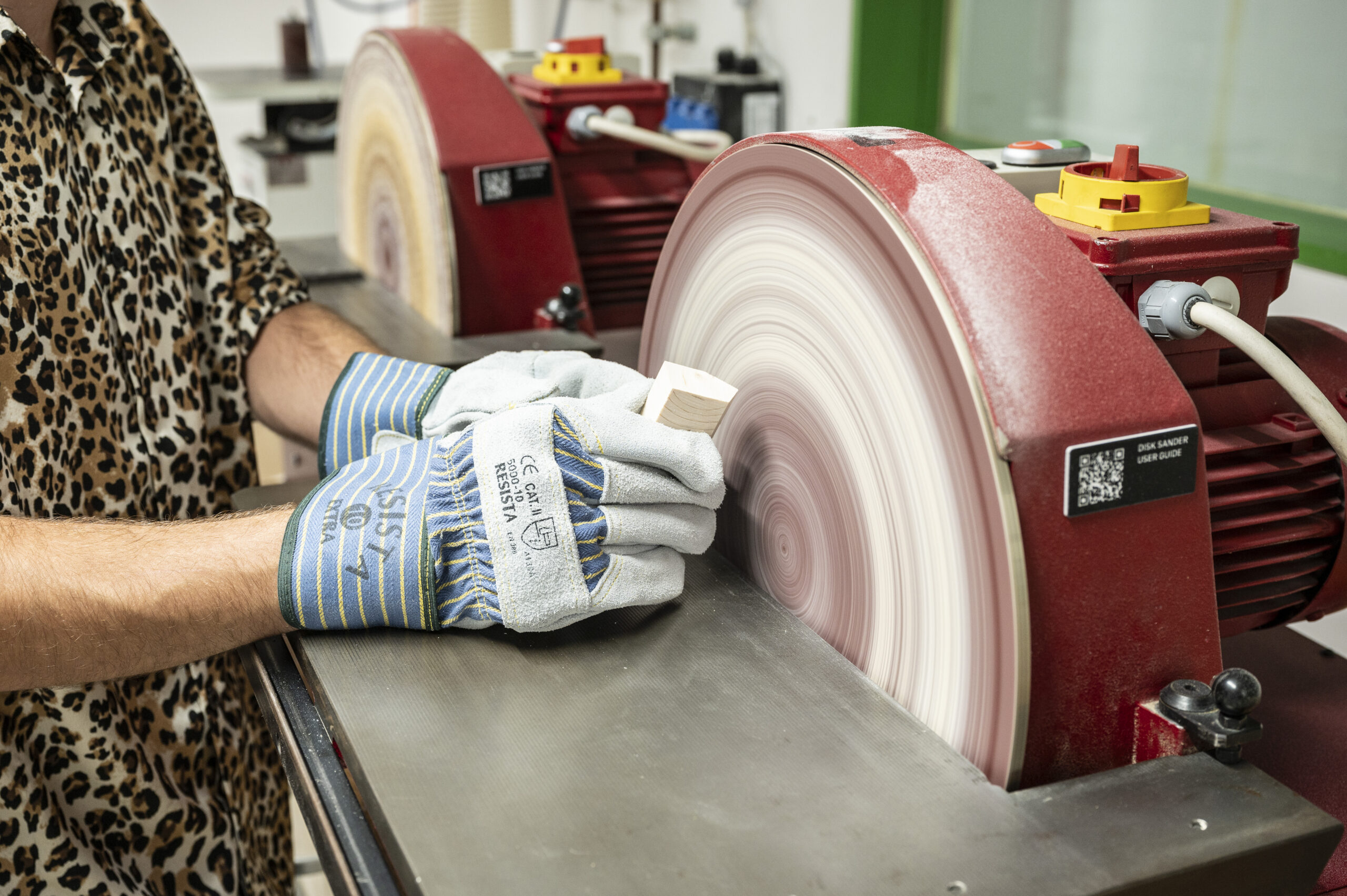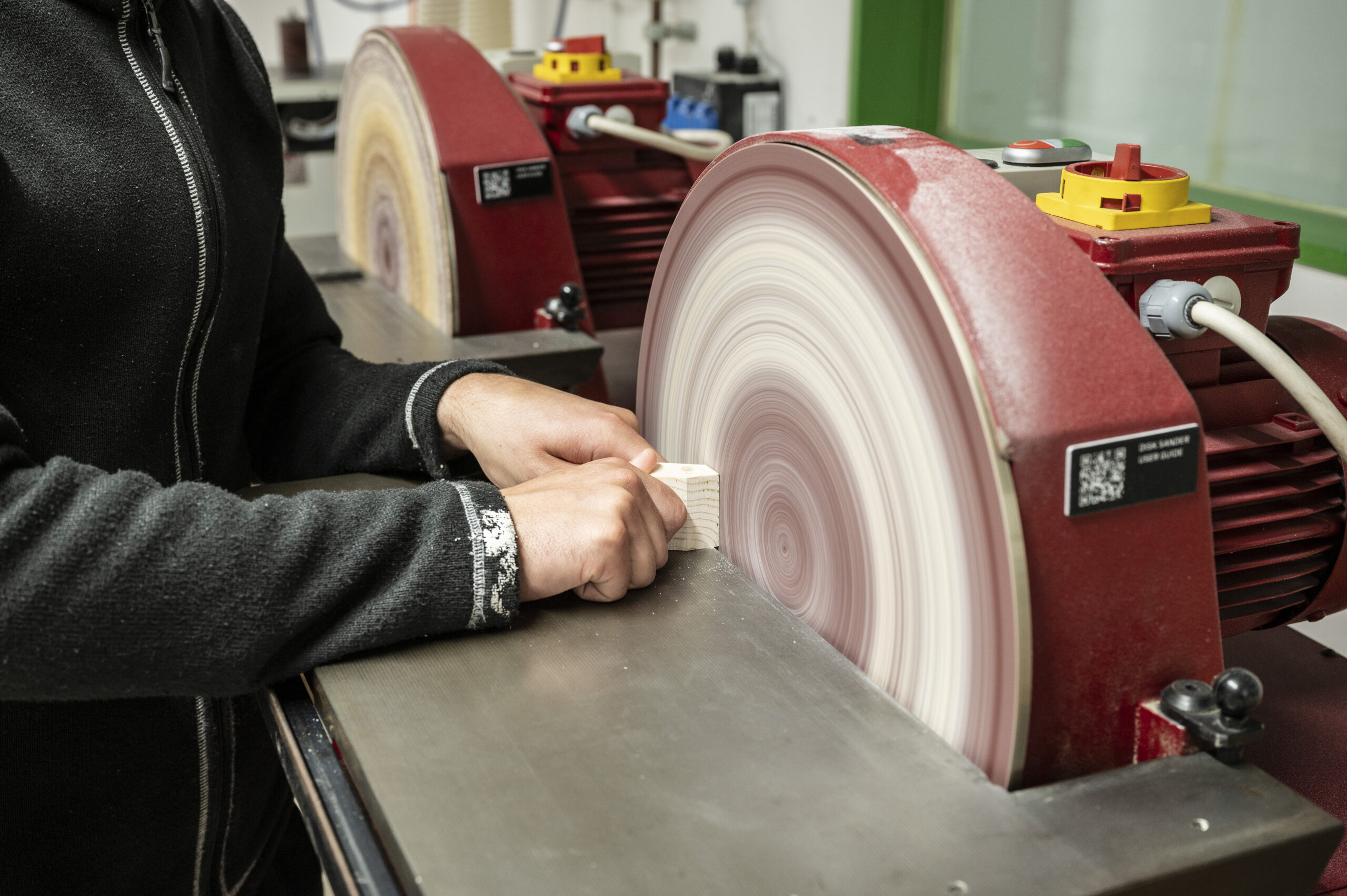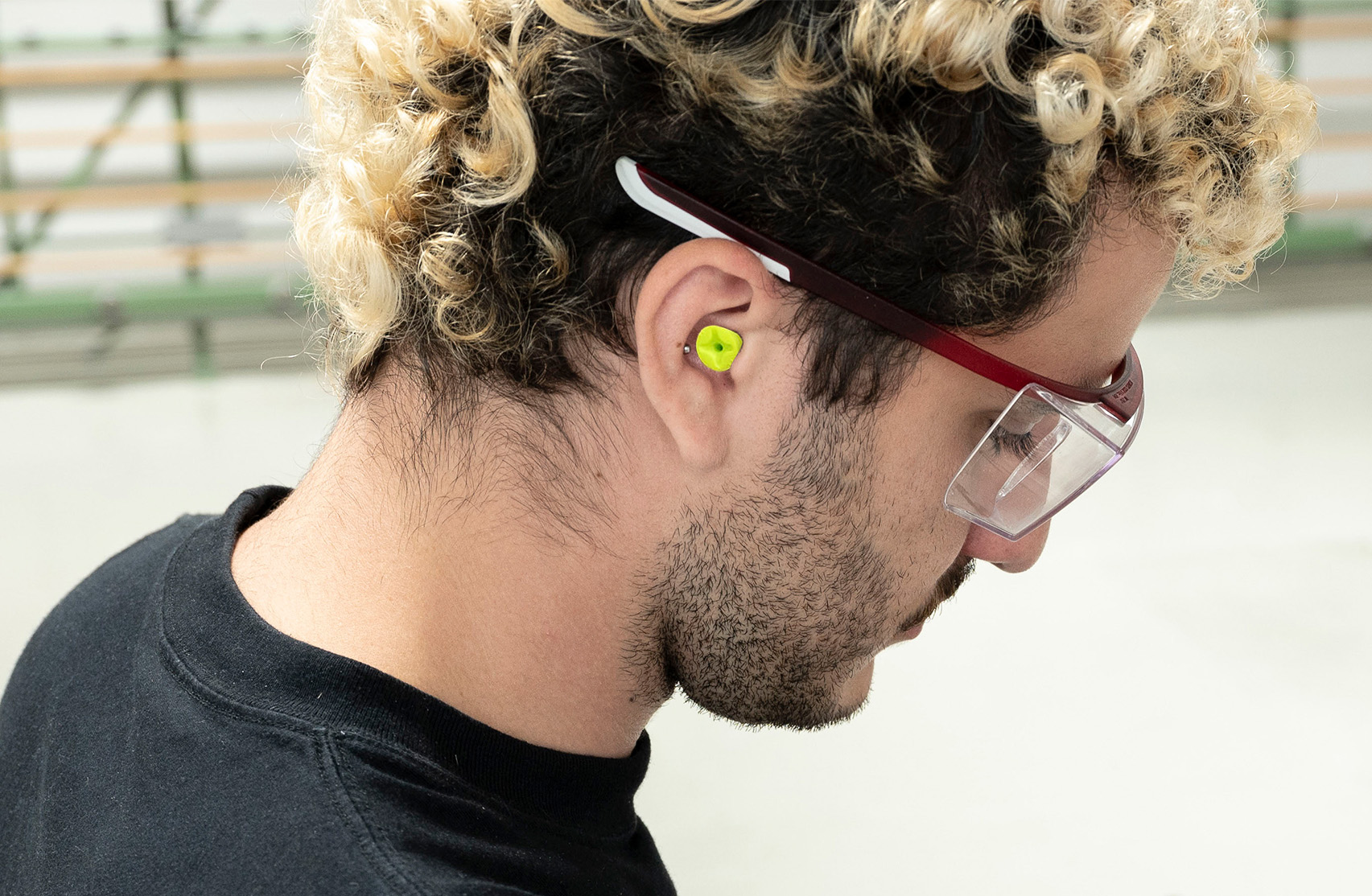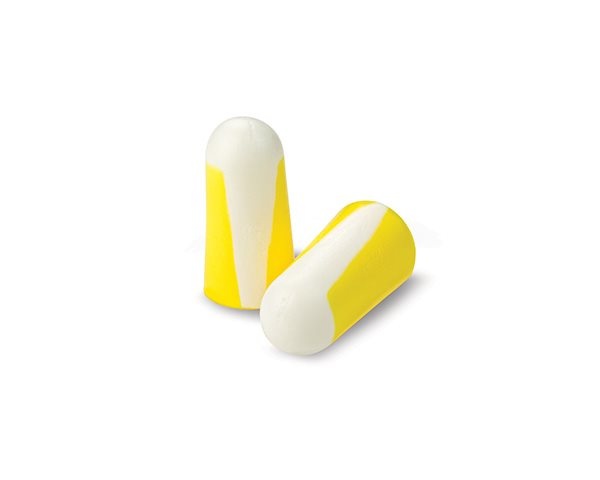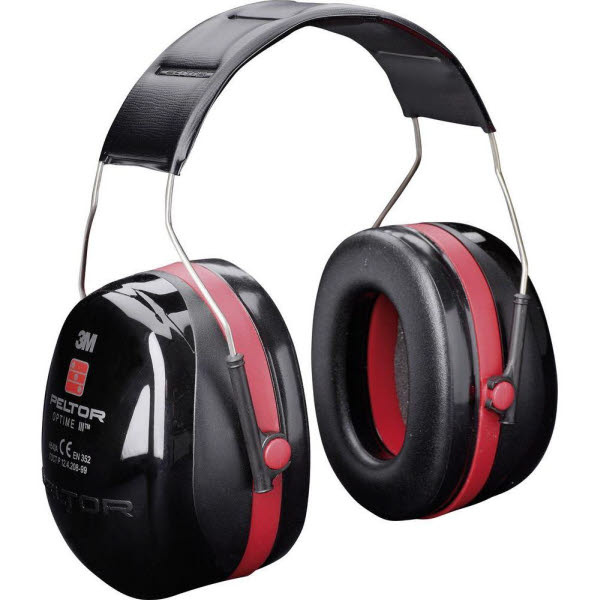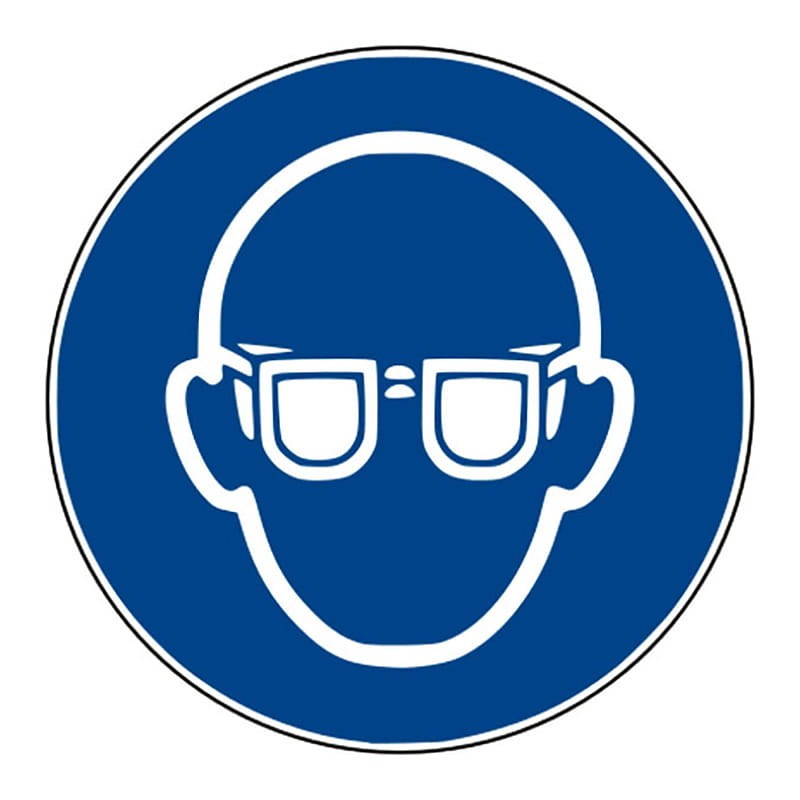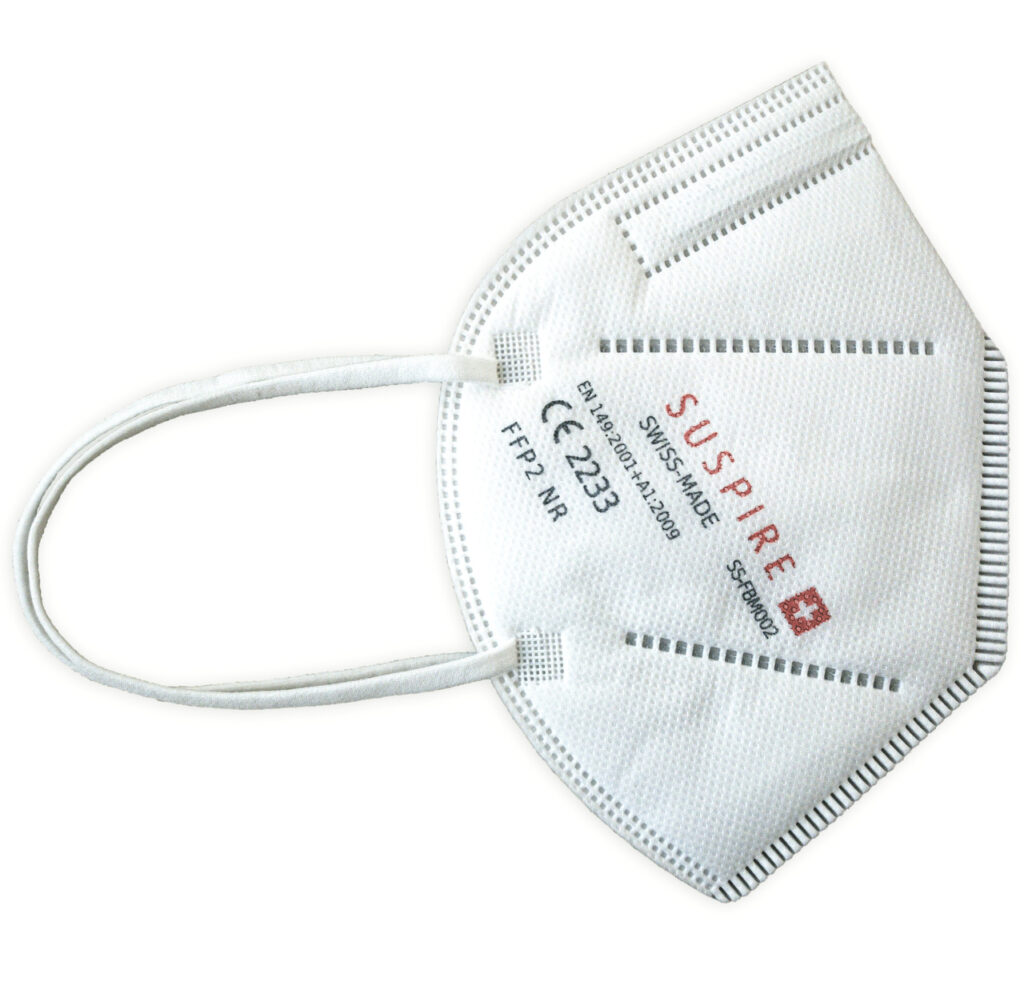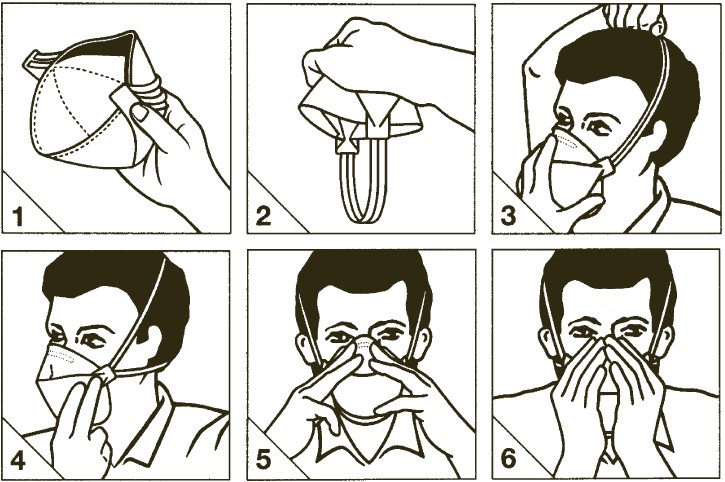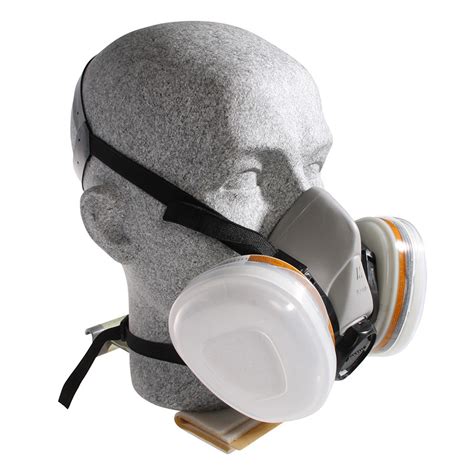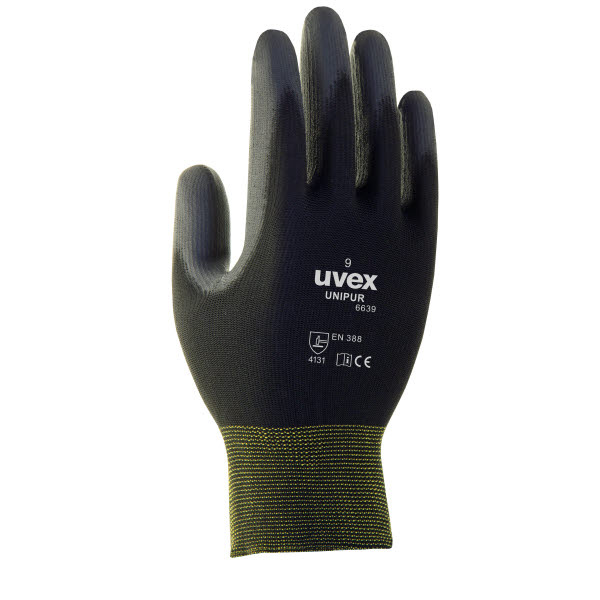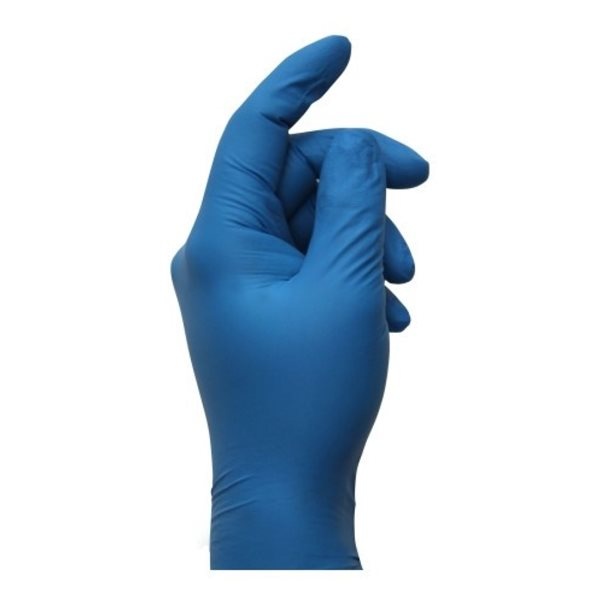Personal Protective Equipment
PPE at Raplab
In most cases, the safety features on machines and tools do not adequately protect you from noise, flying debris, dust, or dropping something on your feet. Personal Protective Equipment (PPE) comes into play when all other workplace safety measures fail. The different types of equipment typically used in the Raplab are listed below.
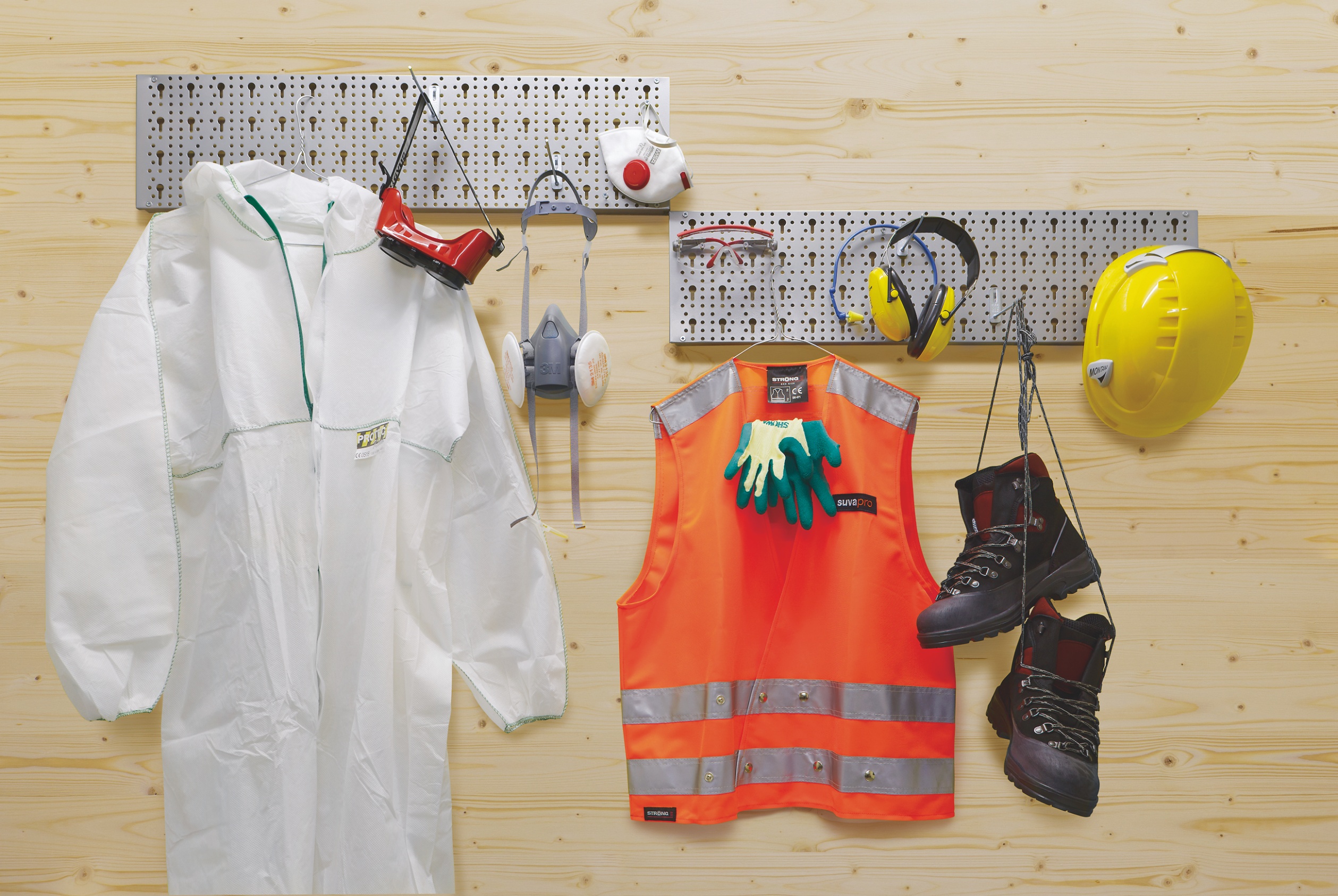
Hearing Protection
At the Raplab, we consider protection against noise to be one of the most important safety aspects. Whenever we notice unprotected ears, we remind our users to wear ear protection. 85 decibel is the maximum recommended level for human exposure over 8 hours and is considered the threshold from which sounds can adversely affect human hearing.
Noise Levels
Faint and soft
20 dB – leaves rustling
30 dB – whisper
40 dB – quiet library
Moderate
60 dB – conversation
Loud
70 dB – traffic
80 dB – alarm clock
Very loud
90 dB – power tools
100 dB – music with headphones
110 dB – large circular saw or planer
Painful
130 dB – ambulance
140 dB – fireworks
The Raplab offers basic ear protection like ear plugs at the workshops to keep you safe. We recommend that users who want to work in the labs often buy personalized equipment that offers more comfort for long-term wearing like the capsule ear protection above.
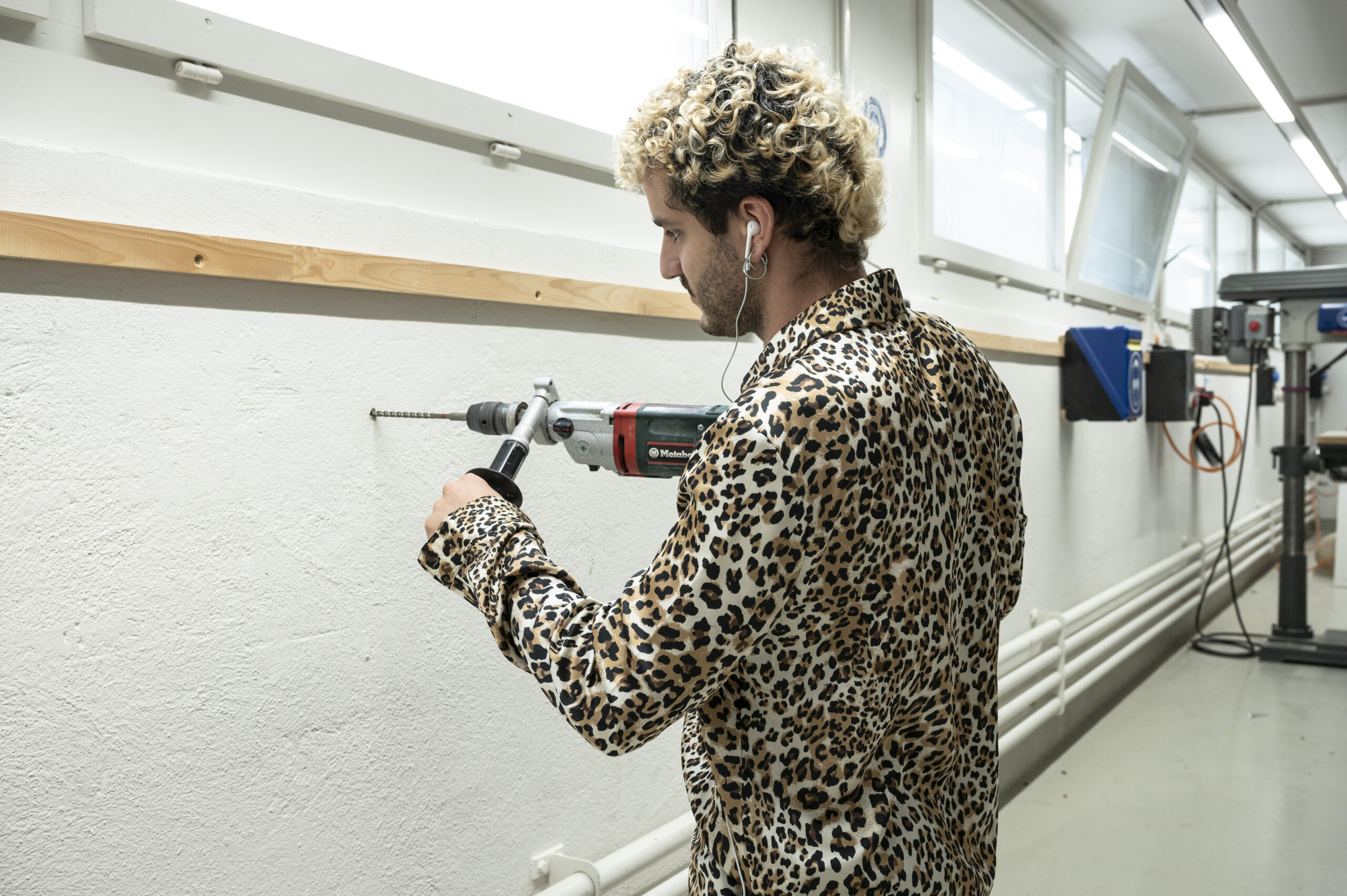
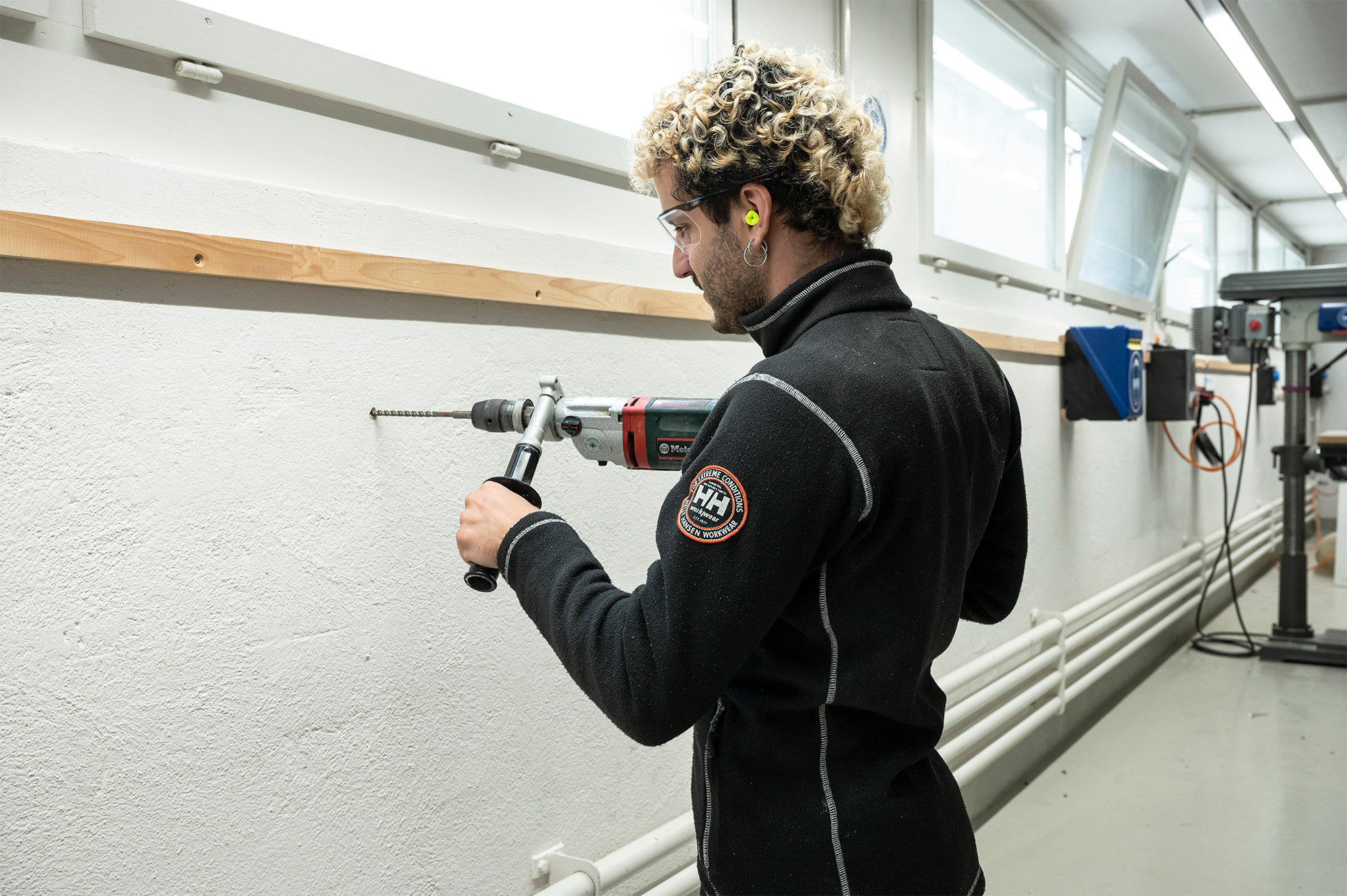
Eye Protection
Eye protection is necessary when the work creates flying debris, dust or as soon as chemicals are involved. At the Raplab, this is the case when you work with a jigsaw, on a bench drill, when you mix concrete, or as soon as you work with metal.
Please consult one of the people in charge of the workshops to inquire whether or not it makes sense to wear glasses and consider this: Wearing them even if they are not strictly necessary is far better the other way around!
If you wear vision correction glasses you must wear safety goggles over them. Safety glasses are made of polycarbonate and are highly shock-resistant; standard prescription glasses are not.
You find the shared safety glasses provided in every Raplab workshop. We recommend that users who want to work in the labs often buy personalized equipment.
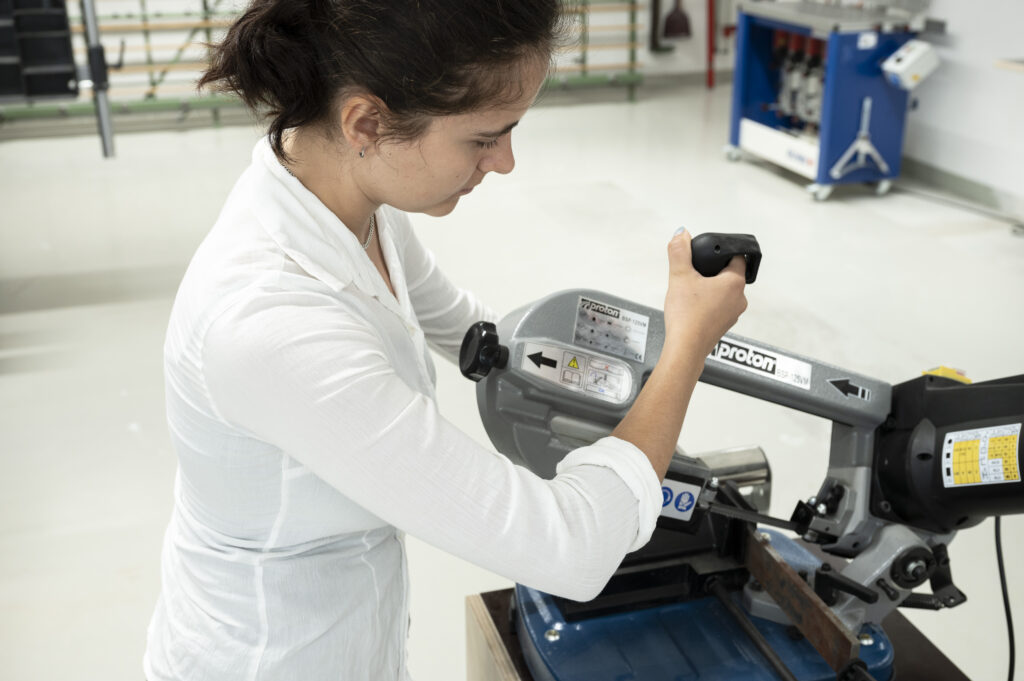
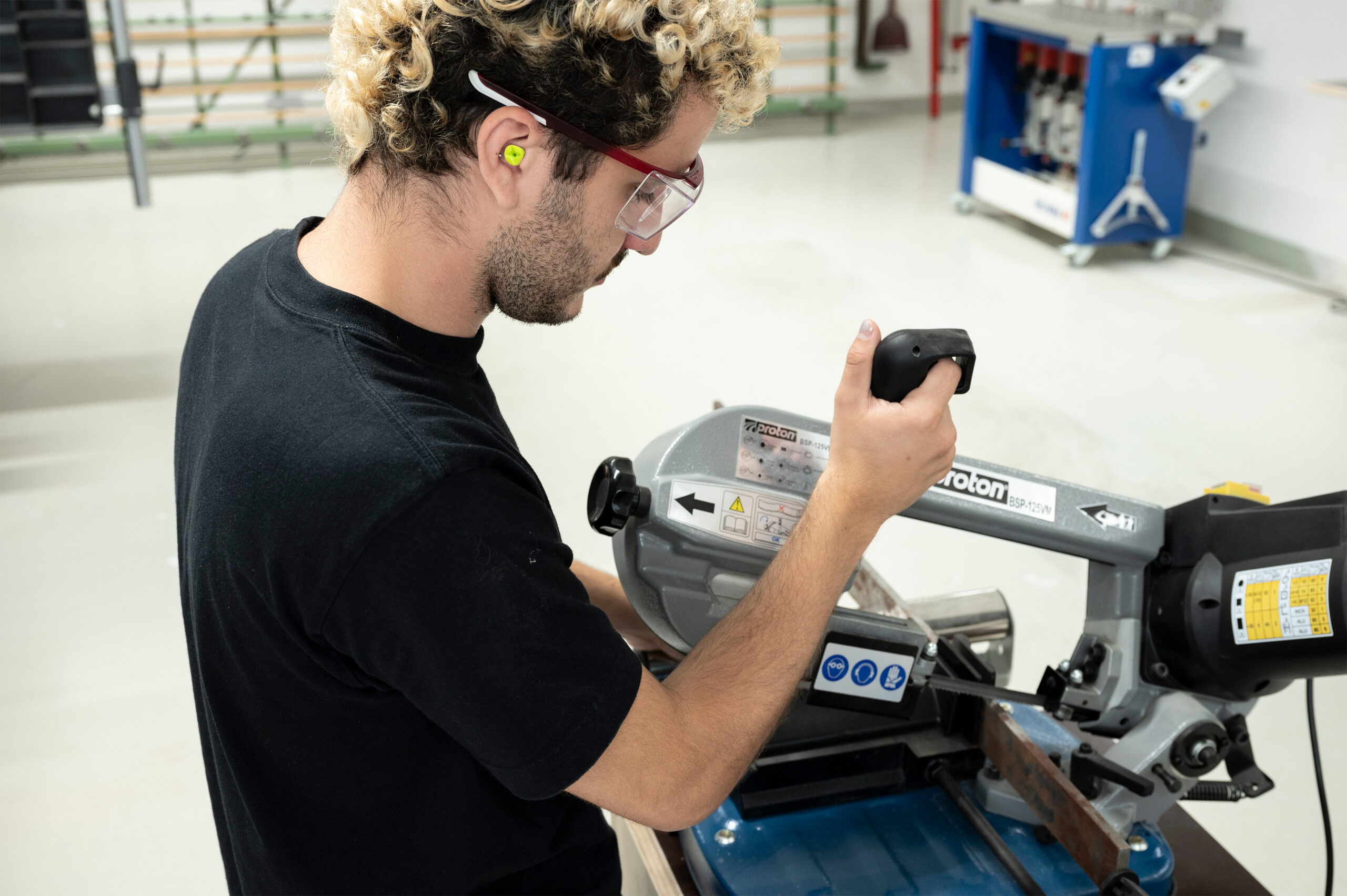
Breathing Protection
Working in workshops very often involves the creation or release of fine particles through the mechanical processing of materials or the use of products. Particular attention must therefore be paid to protecting the respiratory tract. We provide masks in the Raplab, please always ensure that they are used correctly as described below.
It is relatively difficult to know the exact composition of the dust we enhale during work. In general, it can be said that FFP2 masks are sufficient for most work in the Raplab. However, for some types of wood, such as oak or beech, it is mendatory to use the next higher safety level FFP3.
Skin Protection
We should protect our skin, especially on our hands, when carrying out certain types of work. On the one hand, this is to protect against chemicals, and on the other to prevent cuts or splinters.
Gloves that protect against cutting or splinters are made of protective textiles, sometimes coated with rubber. These gloves do a good job when you have to carry rough timber or work outside, but remember that they can become very dangerous in machines like drill presses and bandsaws (or any other rotating machine, for that matter). Drill bits tend to catch gloves, resulting in bad accidents!
